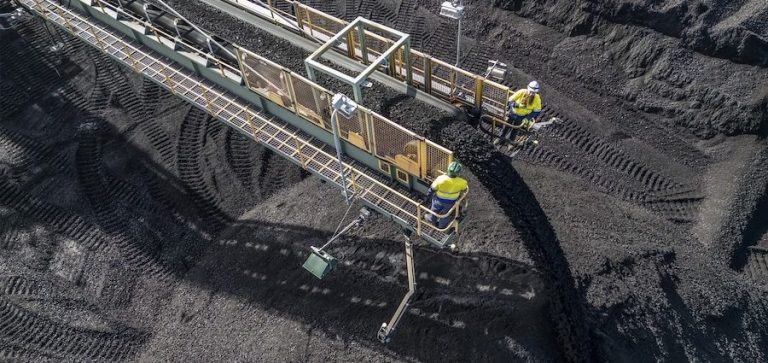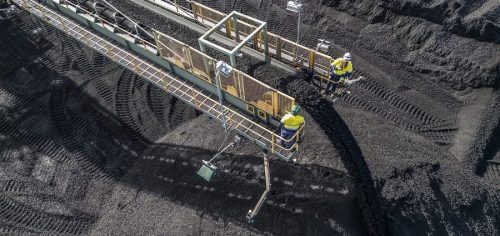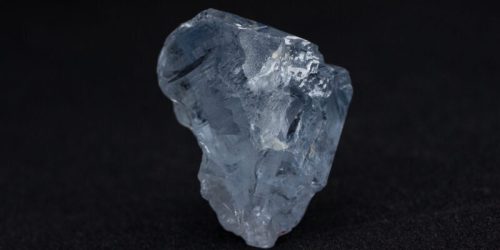A toxic mine spill in Zambia has left entire communities demanding justice — and a staggering $420 million (K9.98 trillion) in damages from Chinese state-owned Sino Metals Leach Zambia.
The February disaster dumped acidic waste laced with heavy metals into the environment, with experts warning it could be one of the worst mining spills in global history.
Communities Fight Back
Two legal teams are leading the charge on behalf of residents:
- Malisa & Partners is seeking $220m to relocate 47 families in Kalusale, the village closest to the contamination zone, alongside urgent medical testing and treatment.
- Malambo & Co. is demanding $200m to set up an emergency fund for victims.
The lawsuits paint a grim picture of families trapped in poisoned lands, forced to live with the fallout of corporate negligence.
A Battle Over the Truth
Sino Metals initially hired Drizit Environmental to assess the damage. The findings were damning: up to 1.5 million tonnes of toxic sludge had been released, with some 900,000m³ of hazardous tailings still contaminating rivers and soil.
The waste, according to Drizit, is riddled with cyanide, arsenic, copper, lead, cadmium, and other toxins linked to cancer, birth defects, and organ failure.
Instead of taking responsibility, Sino Metals terminated Drizit’s contract, attacking its methodology. But Drizit stands by its assessment, warning of long-term health and environmental devastation.
Downplaying the Disaster
While foreign embassies have urged their citizens to avoid the area, the Zambian Government has been accused of soft-pedaling the crisis. Officials initially dismissed the risks, only later admitting that water samples revealed dangerous levels of heavy metals.
Despite mounting evidence, Lusaka has yet to respond to the latest multi-million-dollar compensation claims.
Global Spotlight
The disaster has already drawn the attention of both Washington and Beijing, with China insisting its company is cooperating with Zambian authorities. But for the families of Kalusale and beyond, cooperation offers little comfort as they continue to live on contaminated land.
The question now looms: will the victims be compensated, or will this disaster join the long list of mining scandals where communities bear the cost while corporations walk away?










